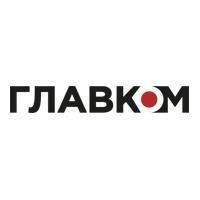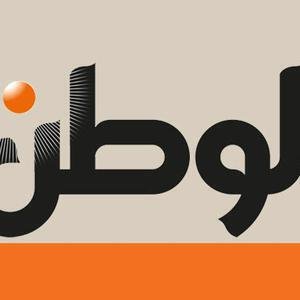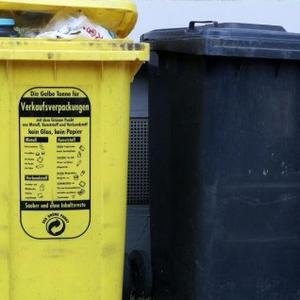North Korea may be building up its nuclear arsenal. The U.N. Atomic Agency reports the country started operating a light-water reactor at its main nuclear complex. The agency believes the operation is an attempt to produce bomb fuels.
The initiative aligns with leader Kim Jong Un’s repeated vows to build more nuclear weapons. Kim said he’s ramping up his weapons production in response to what he described as intensifying U.S.-led military threats.
During the week of Dec. 17, Kim broke international law when he held a ballistic missile test. The weapon is the most advanced the U.S. adversary has, and according to The Wall Street Journal, the missile can travel more than 9,000 miles. During the test, the missile traveled thousands of miles into space before crashing down in a waterway between the Korean Peninsula and Japan.
After the launch, the U.S along with South Korea and Japan, engaged in a show of force. The U.S. sent B1-B bombers to the region. The long-range bombers were followed by South Korean and Japanese fighter jets. This is the 13th time in 2023 that the U.S. has flown the bombers over the Korean Peninsula.
The International Atomic Energy Agency (IAEA) said it saw increased activity at and near the light-water reactor at the Yongbyon nuclear complex, and since mid-October, a strong flow of water has been seen coming from its cooling system, according to IAEA Director General Rafael Grossi.
Grossi said the observations are in-concert with the commissioning of the reactor.
“The LWR, like any nuclear reactor, can produce plutonium in its irradiated fuel, which can be separated during reprocessing, so this is cause for concern,” he said. “I repeat that the further development of [North Korea’s] nuclear program, including the construction and operation of the LWR, is a violation of U.N. Security Council resolutions and is deeply regrettable.”
The agency has been unable to confirm the facility is being used to create more nuclear weapons because U.N. inspectors were banned in 2009.
The IAEA instead has to rely on satellite imagery and open-source information to monitor North Korea’s nuclear program.
Experts say light-water reactors are most efficient for electricity generation, but North Korea could change one at Yongbyon to produce plutonium weapons.
Shin Jongwoo, a military expert at the Seoul-based Korea Defense and Security Forum, said the complex is not used for producing electricity for the general population, so outsiders believe the light-water reactor is being used for nuclear weapons.
“North Korea has talked about bolstering its nuclear strength and building more tactical nuclear weapons to be mounted on ballistic missiles,” Shin said. “So [the light-water reactor operation] is suspected to be activities to extract plutonium.”
Plutonium is one of two key ingredients used to create nuclear weapons, along with highly enriched uranium.
Yongbyon has produced plutonium from its 5-megawatt reactor for quite some time, and the light-water reactor would provide additional plutonium. The complex also has a uranium enrichment facility.
Construction on the light-water reactor began a decade ago. It is known to have a bigger capacity than the 5-megawatt reactor. That means it would be able to produce more bomb fuel, according to Lee Choon Geun, an honorary research fellow at South Korea’s Science and Technology Policy Institute.
Lee says that plutonium is more fit for building warheads small enough to be put on short-range missiles targeting South Korea.
Grossi said recent observations show that water discharge seen in October is warm, an indication the reactor has reached “criticality.”
However, without direct access to the facility, the IAEA cannot confirm the reactor is operating, despite its suspicions.
The Yongbyon complex is considered “the heart” of North Korea’s nuclear program and research. It has been an international concern for decades. It’s not clear exactly how much weapons-grade plutonium or highly-enriched uranium is produced there.
According to a South Korean estimate in 2018, North Korea manufactured 20-60 nuclear weapons. However, some experts say the country likely has more than 100 nuclear weapons.
The AP Contributed to this report.


















































